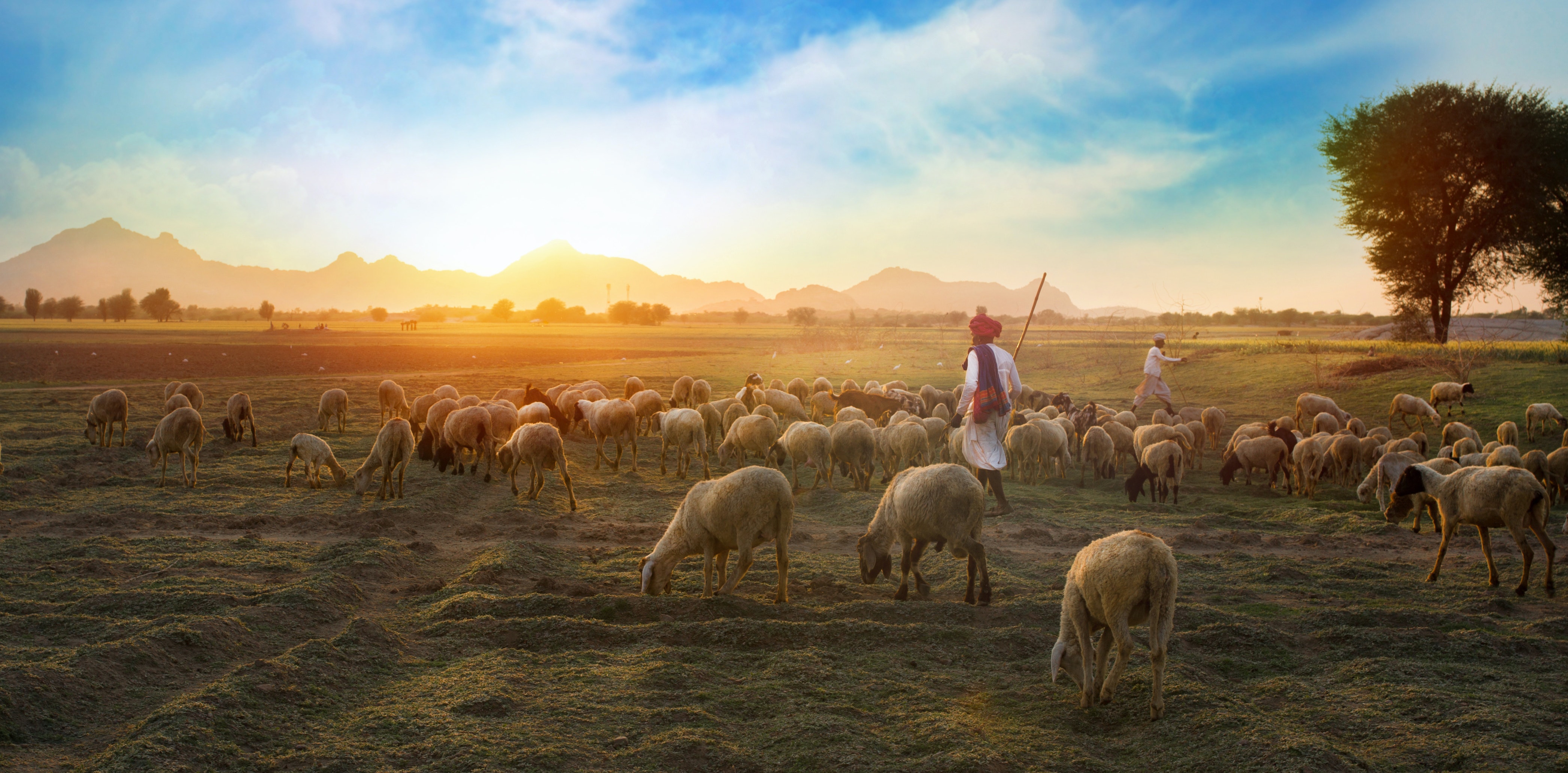Ready to reduce methane emissions from livestock systems in Asia and the Pacific
Countries in Asia and the Pacific will sit together to discuss ways to tackle methane emissions from livestock.

Credit: Kailash Kumar via Pexels
Population growth and climate change impacts across Asia and the Pacific present novel challenges for the livestock sector. Total methane emissions from livestock in South East Asia and Oceania are estimated at 50 million tonnes per year, representing about 40 percent of global methane emissions from the livestock sector. More than two-thirds of the countries in Asia and one-quarter of those in the Pacific included one or more livestock mitigation measures in their latest in Nationally Determined Contributions (NDCs). FAO is organizing a regional expert workshop “Enhancing national climate actions to reduce methane emissions in livestock systems in Asia and the Pacific” to support countries in the Asia and the Pacific region to strengthen climate action in the context of the Global Methane Pledge.
The workshop will help countries in the region reduce methane emissions from livestock systems and identify challenges and opportunities to address methane in the livestock sector. During the workshop countries will share ideas and best practices to achieve ambitious climate targets, and establish new synergies and collaborations within the region.
About the workshop
This workshop for Asia and the Pacific will take place from 24 to 26 November in Bangkok, Thailand. It is part of a series of regional consultations on "Enhancing national climate actions on methane in the livestock sector", which have been already undertaken in Africa and Latin America. The event is organized under the project “Creating the enabling environment for enhanced climate ambition and climate action through institutional capacity building” implemented by the Food and Agriculture Organization of the United Nations (FAO), Global Research Alliance on Agricultural Greenhouse Gases (GRA), New Zealand Agricultural Greenhouse Gas Research Center (NZAGRC) and Climate and Clean Air Coalition (CCAC). This workshop is organized in collaboration with the Animal Production and Health Commission for Asia and the Pacific (APHCA) and is financially supported by CCAC and the Ministry of Agriculture, Forestry and Fisheries of Japan (MAFF).
FAO’s work on methane
FAO works with countries in Africa, Asia and Latin America to help them set ambitious national methane reduction targets as part of their commitment to the Paris Agreement. With the support of FAO and partners, countries will be able to reduce methane and greenhouse gas emissions from the livestock sector, while improving food security and the efficiency of ruminant production systems at the national level. In addition, the Organiztion provides guidance and recommendations to governments and decision makers on how to integrate methane assessment and mitigation interventions into national strategies, investments and policies.
About the Global Methane Pledge
Many countries in Asia and the Pacific region are also signatories to the Global Methane Pledge, a voluntary initiative launched to reduce global methane emissions at the global level. The initiative was launched by the United States and the European Union at COP26 in Glasgow in November 2021. So far, 122 countries joined the Pledge and agreed to take voluntary actions to contribute to a collective effort to reduce global methane emissions by at least 30 percent from 2020 levels by 2030, which could eliminate over 0.2 ̊C warming by 2050. The Pledge aims to catalyse global action and strengthen support for existing international methane reduction initiatives to advance technical and policy work that will serve to underpin participants’ domestic actions.
